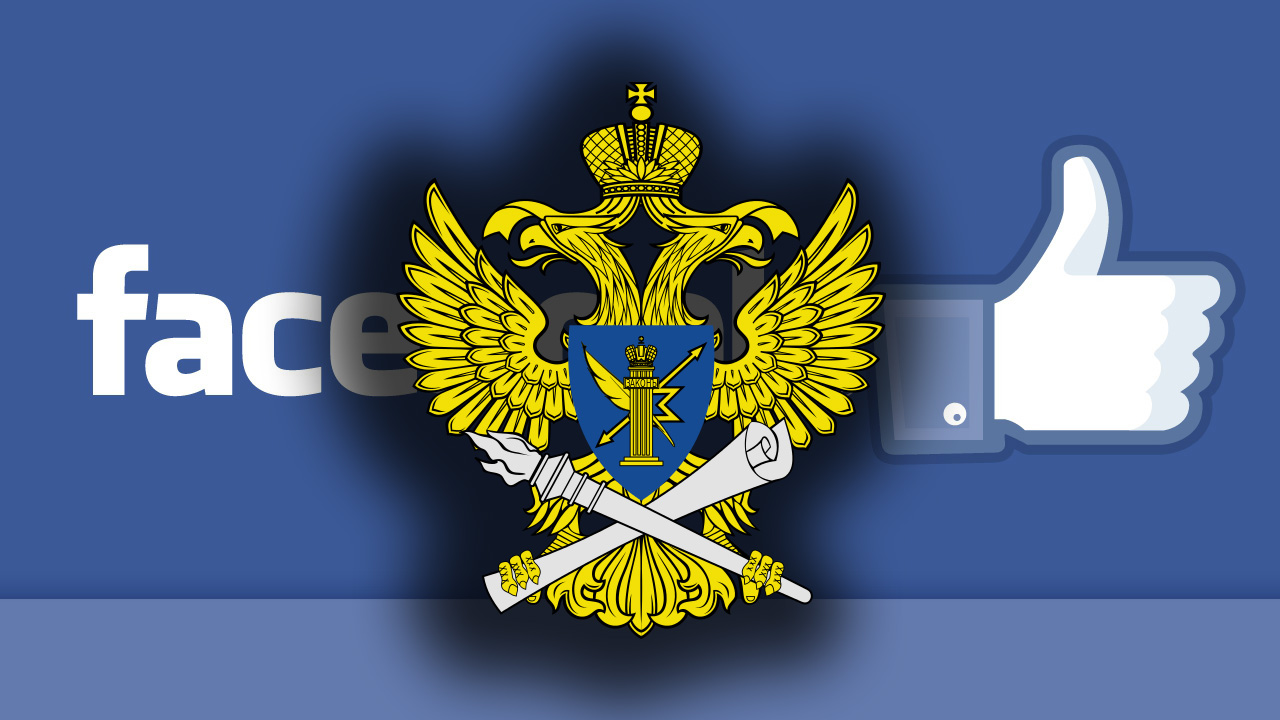On Friday, Rospotrebnadzor — Russia’s Federal Service for Supervision of Consumer Rights Protection and Human Welfare — put Facebook on its official blacklist, threatening to block access to the site by any Russian internet service provider if Facebook does not remove “illegal” content within 42 hours. As of this morning, Facebook complied, removed ads for the synthetic “weed” Spice and was taken off the blacklist. This is just the latest of many instances Rospotrebnadzor bullied Facebook, YouTube and other popular websites to take down content “deemed harmful to children.” The blacklisting is getting more frequent and ridiculous and it’s not going to stop anytime soon.
Russia has some of the strictest laws prohibiting the shitty synthetic cannabis. Last year, we watched a mob of vigilantes destroy an alleged fake weed dealer’s car, smashing windows and blocking traffic, as cops stood idly by. While absurd displays of pseudo–justice are not uncommon, this is not about fake weed. This is about Russia’s vague new censorship laws and its systematic, selective censorship of the internet.
The law prohibiting content “deemed harmful to children” was signed in November. Russia’s internet watchdog Rospotrebnadzor already threatened to block Facebook earlier this year. After Facebook agreed that “Club Suicid” did not meet their criteria for “controversial humor” and removed the suicide-themed page. Facebook was taken off Russia’s blacklist. Rospotrebnadzor threatened YouTube as well, ordering YouTube to remove a Halloween make-up tutorial video. YouTube sued.
Friday, ANIMAL reported that Squarespace and all 26,439 of its hosted sites have been blocked in Russia, without any warning to its users. As of this morning, Squarespace is telling us that they’re still investigating the ban.
Ironically, you can keep up with Rospotrebnadzor unrelenting threats and bans on various sites and social networks on their official Twitter account, in Russian. There, you can see that Rospotrebnadzor’s activity in “removing forbidden information” has revved up lately. Between the 6th and 12th of September, Rospotrebnadzor brags that they investigated 2,569 sites for “propagating the use of narcotics” and banned several sites for “copyright infringement.”
If the laws sound vague, they are — intentionally — and therefore serve as an excuse for targeted shut-down of communication channels.
For example, they only work in one direction. While any public mention of the normality and the very existence of gay people can be banned as “gay propaganda”— the fines increasing dramatically for online content — vigilante groups mobilizing on social networks to kidnap, torture and sometimes kill gay people, continue to operate.
Meanwhile, the Russian government denies, ignores and legitimizes violence against the LGBT. So much for “Human Welfare,” Rospotrebnadzor.
Rospotrebnadzor can’t possibly attempt to police the entire internet — that’s an infinite, unmanageable project, obviously — but it can do worse. The selective punishment is what activists in Russia long warned us about and this is what makes Rospotrebnadzor’s activity more frightening to human rights than the impeding porn block in the UK, and maybe, even internet censorship in China.
If all that is required to shut down a website Kremlin doesn’t like is a stray link to a torrent of Night Watch and not even a giant like Facebook is immune, we should be concerned. We should be watching Rospotrebnadzor.


